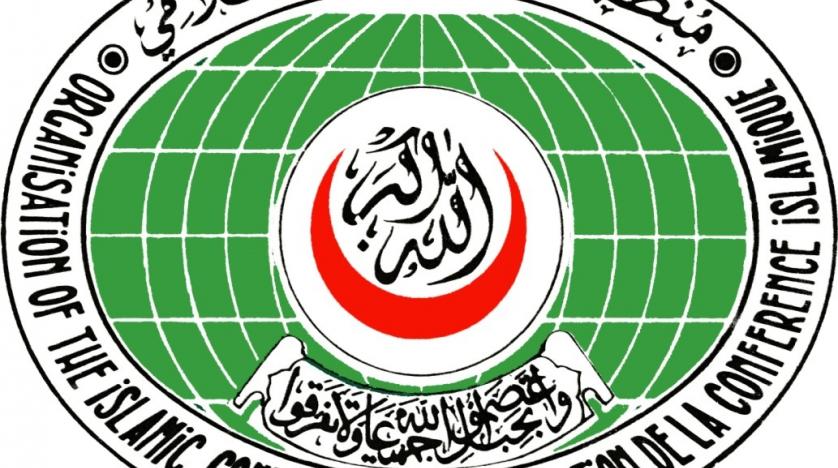 The Organization of Islamic Cooperation (OIC) has committed $9 billion in funding in the Lake Chad region, which is suffering from the drop in water levels and attacks attributed to the terrorist group Boko Haram.
The Organization of Islamic Cooperation (OIC) has committed $9 billion in funding in the Lake Chad region, which is suffering from the drop in water levels and attacks attributed to the terrorist group Boko Haram.
The announcement was made during the two-day High-Level Conference on the Lake Chad Region, organized in Berlin, September 3-4, by UNDP and the UN Office for the Coordination of Humanitarian Affairs (OCHA), together with the governments of Germany, Norway and Nigeria.
The OIC continues its support to the countries of Lake Chad region (Chad, Cameroon, Niger and Nigeria) that are facing the worrying dwindling of the lake due to the drop in the water level, which has drastically reduced the perimeter of the lake, and repeated attacks by the terrorist group Boko Haram.
The institution explained that “the security, stability and development of the Lake Chad region remain priorities for the OIC”.
The OIC $9 billion funding will finance projects in the region through institutions affiliated with the Islamic Development Bank (IDB). Half of this amount will go to economic and social infrastructure and private sector development. These projects aim to support the resistance of the populations of the region to the terrorist group and to fight the effects of drought.
During the conference, 70 states, international financial institutions and non-governmental organizations pledged some $2.17 billion in support and about $467 million in concessional loans for the crisis-ridden region.
In this connection, the IDB has signed a memorandum of understanding with the Lake Chad Committee to save the lake, heavily affected by drought and the misuse of water resources.
Between 1963 and 2017, Lake Chad lost 90% of its surface area. A situation that has had dramatic consequences for the lives of local populations.
Thus, more than 17 million people across the four Lake Chad Basin countries – Nigeria, Cameroon, Chad and Niger – remain mired in a complex crisis driven by extreme poverty, climate change and violent conflict.
As a result, more than 2.4 million are displaced and over 10 million people need more assistance to meet their basic protection and humanitarian needs.
